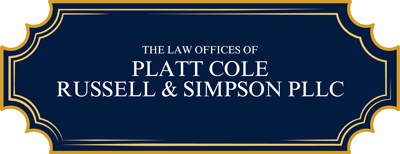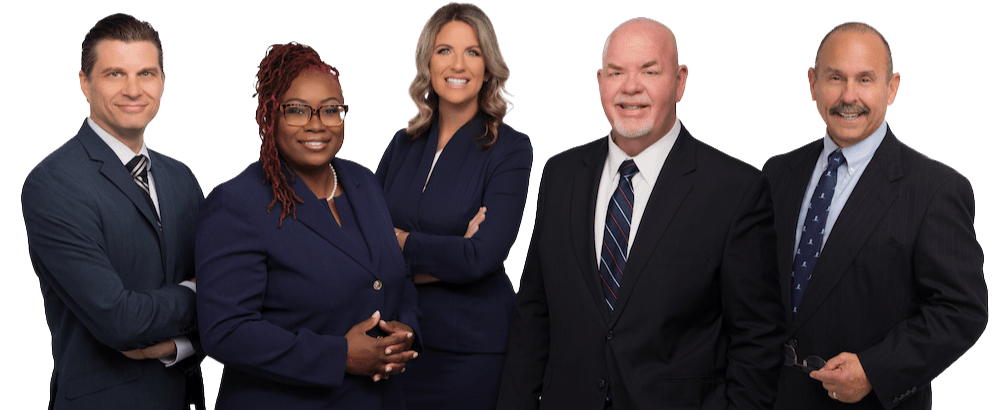In a previous post about traumatic brain injuries, we explained the common causes of a TBI, and the symptoms associated with one, like a headache, dizziness or blurry vision. Here, we’ll talk about how a medical team might diagnose a traumatic brain injury and the methods of treatment.
If you’ve been in a car accident, even a minor fender bender, and suspect that you have a brain injury, you need to act quickly as symptoms can progress and become severe in the days and weeks after the injury. Sometimes symptoms don’t appear immediately, but those that appear later can be worse. Seek medical attention with any head injury to be sure something isn’t more serious.
Glasgow Coma Scale and other testing
If you’ve suffered head trauma, doctors will use a 15-point scale to assess the severity of your injury. Called the Glasgow Coma Scale, a medical team will ask a series of questions to see how well you respond to directions. They are also looking at limb activity and eye movement. Family members may also be asked about the accident to determine how the injury occurred and your reactions and responses afterward. If available, have family members present at your medical evaluation.
Doctors may also use medical testing like computerized tomography (CT) scan which is a series of X-rays to find blot clots or bruised brain tissue or magnetic resonance imaging (MRI) to see a detailed image of the brain.
Treatment
The type of treatment a TBI patient will receive depends on the severity of the injury. If the brain injury is mild, such as a slight concussion, the doctor will most likely prescribe rest, over-the-counter medication and time off of work or school. If the injury is more severe with more severe symptoms, the hospital personnel will work to minimize brain swelling and may perform additional treatment in the hospital, including surgery.
Medication, rehabilitation and rest will be part of any traumatic brain injury treatment depending on the details and situation surrounding your injury.
Seek help
Recovery can be slow and challenging. If time off of work is required for you to recover, it can also pose a financial challenge for your family. And if your traumatic brain injury is the result of a car accident and another driver’s negligence, it can be frustrating. You may find it helpful to enlist the assistance of a Florida personal injury lawyer who can help you to recoup financial damages or payment for medical bills.


